Copyright
The Copyright, Designs and Patents Act 1988, is the current UK copyright law. It gives the creators of literary, dramatic, musical and artistic works the right to control the ways in which their material may be used. The rights cover: Broadcast and public performance, copying, adapting, issuing, renting and lending copies to the public. In many cases, the creator will also have the right to be identified as the author and to object to distortions of his work.
Copyright arises when an individual or organisation creates a work, and applies to a work if it is regarded as original, and exhibits a degree of labour, skill or judgement.
Interpretation is related to the independent creation rather than the idea behind the creation. For example, your idea for a book would not itself be protected, but the actual content of a book you write would be. In other words, someone else is still entitled to write their own book around the same idea, provided they do not directly copy or adapt yours to do so.
Normally the individual or collective who authored the work will exclusively own the rights. However, if a work is produced as part of employment then normally the work belongs to the person/company who hired the individual. For freelance or commissioned work, rights will usually belong to the author of the work, unless there is an agreement to the contrary, (i.e. in a contract for service).
Only the owner, or his exclusive licensee can bring proceedings in the courts against an infringement.
The full text for the 1988 Copyright Designs and Patent Act can be found at the OSPI (HMSO) website.
Duration of rights:
1. For literary, dramatic, musical or artistic works - 70 years from the end of the calendar year in which the last remaining author of the work dies, or the work is made available to the public, by authorised performance, broadcast, exhibition, etc.
The Copyright (Computer Programs) Regulations 1992 extended the rules covering literary works to include computer programs.
Permissions:
The Rob Piercy Gallery will not provide any individual or organisation with a commercial licence in any form if that individual or organisation will benefit financially from the licence. There are certain exceptions to this, where the author of the work would benefit from its publication e.g if a book publisher wishes to use an image as a cover for a book and the publisher credits the author.
Non commercial individuals and organisations can contact the Rob Piercy Gallery directly to enquire about using the artwork.
